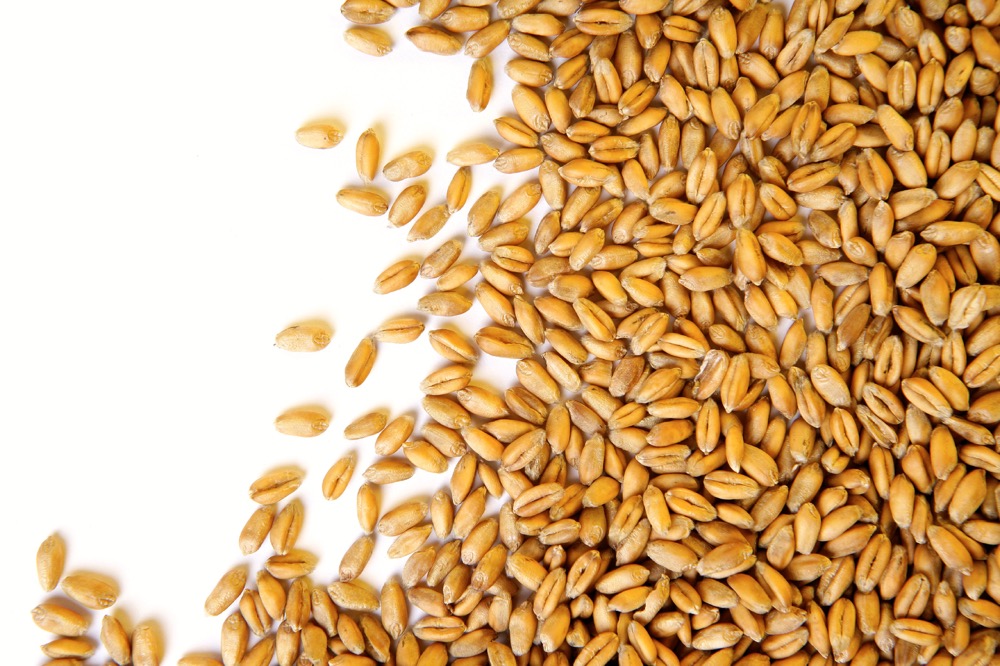Reuters — Chicago soybeans and corn eased on Wednesday, consolidating after two days of gains, as traders watch U.S. weather and planting, while wheat traded mixed pending further sanctions against Russia following reports of civilian deaths in Ukraine.
The most-active soybeans on the Chicago Board of Trade (CBOT) eased 11-1/2 cents to $16.19-1/2 a bushel (all figures US$).
CBOT May wheat fell 4-3/4 cents to end at $10.40-3/4, while the most-active corn fell 3-1/4 cents to $7.56-1/2 per bushel.
“Given the sharp rallies of the last two days, we’re doing some backing and filling,” said Tom Fritz, commodity broker at EFG Group.
Read Also

IGC raises 2025/26 world wheat crop forecast
The International Grains Council has raised its forecast for 2025/26 global wheat production with crop outlooks upgraded for Russia, the United States and Argentina.
May soybeans fell to their 50-day moving average, after closing above it the day prior. Corn held above its 20-day moving average.
U.S. weather is in focus, as less-than-expected corn planting amid soaring fertilizer costs leaves little room for production problems in the Northern Hemisphere.
“You have a potentially very tight corn balance sheet for next year, if there’s any type of hiccup at all,” said Ted Seifried, vice-president of Zaner Group.
Weather forecasts showed little rain for the coming two weeks for winter wheat in the parched southwestern U.S. Plains, although northerly spring wheat zones were expected to get some showers.
Financial markets watched for further planned Western measures against Moscow following reports of civilian deaths in Ukrainian territory previously held by Russian forces.
Wheat remains underpinned by global supply fears, as countries continue to restrict exports and protect local food stores.
— Reporting for Reuters by Christopher Walljasper; additional reporting by Gus Trompiz in Paris and Enrico Dela Cruz in Manila.











